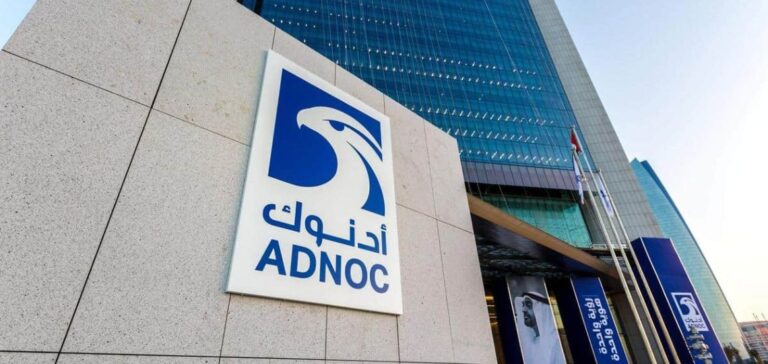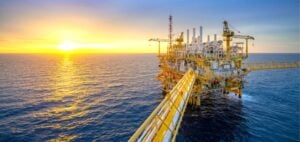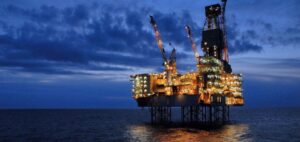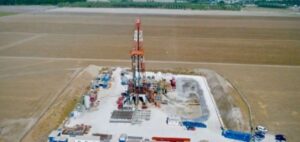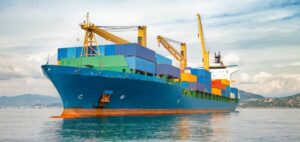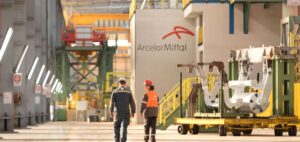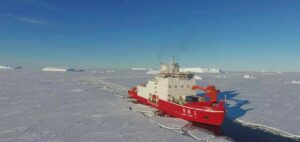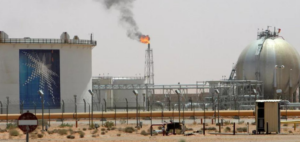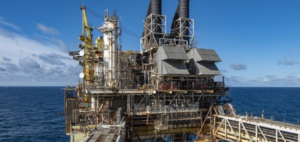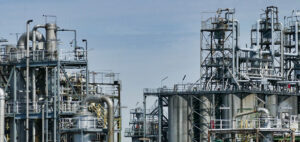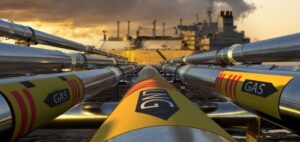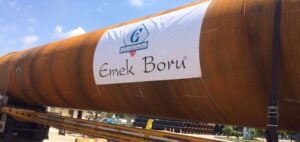ADNOC Gas, a subsidiary of Abu Dhabi National Oil Co (ADNOC), is taking significant steps forward with its new desulfurization project. The objective is clear: to reduce the sulfur content of its LNG production to less than 1 mg/m³ by 2025-26. This project could not only address environmental concerns, but also change the demand and supply dynamics of the LNG market.
Market implications
Sulfur content in LNG cargoes, mostly loaded from ADNOC’s Das Island terminal, was between 4 and 5 mg/m³ last year. The reduction to less than 1 mg/m³ could improve the competitiveness of Das Island’s cargoes, making ADNOC’s LNG more attractive to international buyers, especially Japanese utilities that prefer very low sulfur content.
Challenges and opportunities
Although sulfur reduction offers significant benefits, the project also raises challenges in terms of compliance with contract specifications. Variability in sulfur content poses a perceived operational risk for some buyers, requiring adaptation of existing contracts to ensure the commercial viability of cargoes.
Future prospects
The global LNG market is constantly evolving, and ADNOC’s actions are part of a broader strategy to optimize and modernize its production. With projects like Ruwais, scheduled for the end of the decade, ADNOC is not only meeting today’s requirements, but is actively paving the way for low-carbon LNG production.
ADNOC’s initiative to reduce the sulfur content of its LNG marks a potential turning point in the industry. This project not only enhances the attractiveness of its cargoes, but also underlines the company’s commitment to more sustainable practices.


